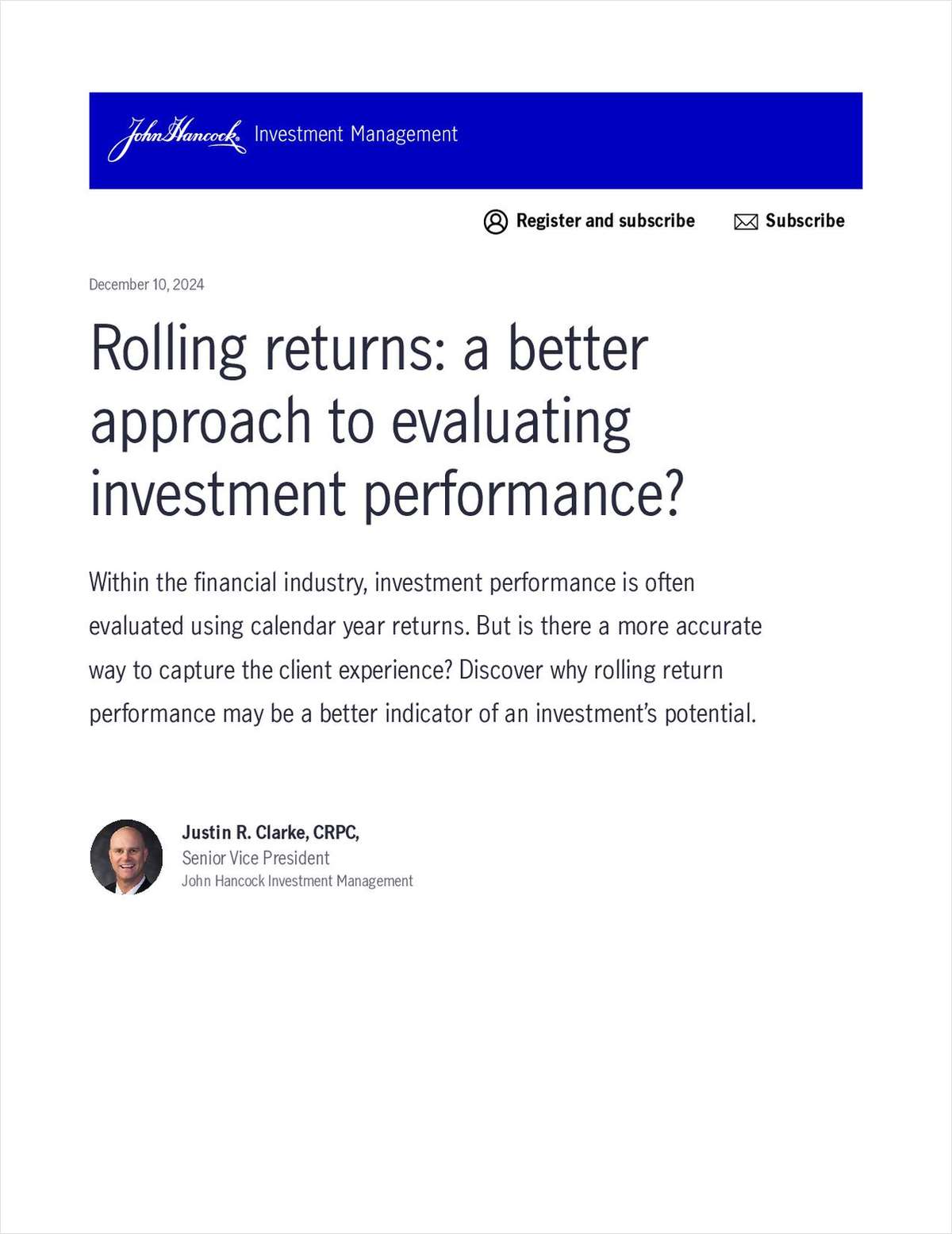
NOT FOR REPRINT
Why signatures matter: Pen strokes for smart people
December 31, 2010 at 07:00 PM
Share & Print
NOT FOR REPRINT
© 2025 ALM Global, LLC, All Rights Reserved. Request academic re-use from www.copyright.com. All other uses, submit a request to [email protected]. For more information visit Asset & Logo Licensing.







